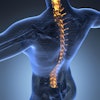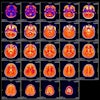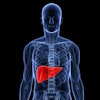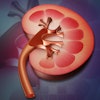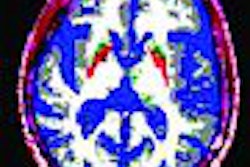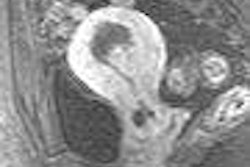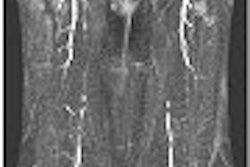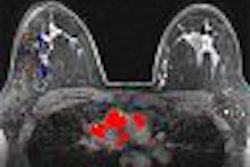Dear MRI Insider,
Chronic heavy alcoholism can cause severe vitamin B deficiency, resulting in a neurological disorder called Korsakoff's syndrome. The disease is characterized by a profound loss of short-term memory. Conventional wisdom has long held that this type of memory loss is irreversible, even if the individual stops drinking and starts a course of thiamine replacement therapy.
But a new study indicates that, despite this severe loss of memory, alcoholics often retain implicit memory, and can learn to perform new tasks without having any past mental reference for the task itself (Alcoholism: Clinical & Experimental Research, April 2006, Vol. 30:4, pp. 680-687).
While this is good news for the estimated 1.1 million recovering alcoholics in the U.S., another study offers slightly less uplifting news. Researchers in San Francisco found that alcoholics who have maintained sobriety have a difficult time regaining lost neurobiological function if they persist in another vice -- smoking cigarettes.
Using MR spectroscopy, the investigators looked at how much nicotine dependency influences the recovery process from chronic alcoholism. Click here to learn more.
In other neurological news, an MRI study illustrated how patterns of brain development differ in children with a higher IQ. Another study used MRI and PET to demonstrate that in Huntington's disease, neurological decline begins in the brain long before an official diagnosis.
Meanwhile, an fMRI study showed that the modality had value for predicting which patients with depression would respond to cognitive behavior therapy. Also, British clinicians claimed that MRI is not an accurate test for multiple sclerosis. Finally, an fMRI study offered evidence that when it comes to gustatory experiences, the brain is more sophisticated than the taste buds.

